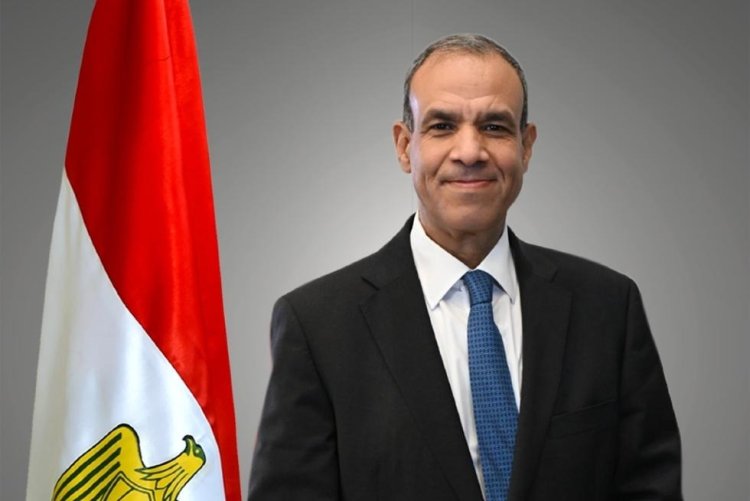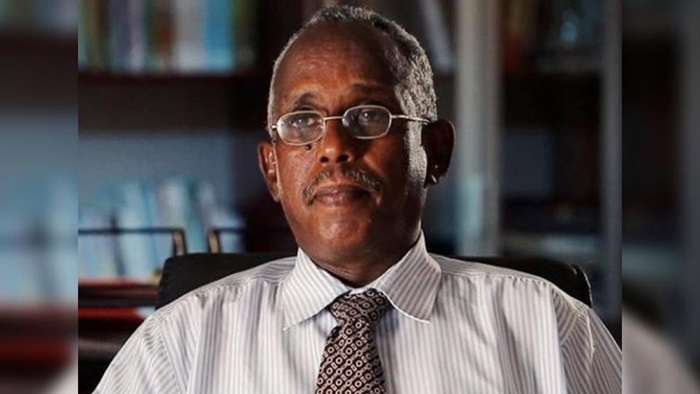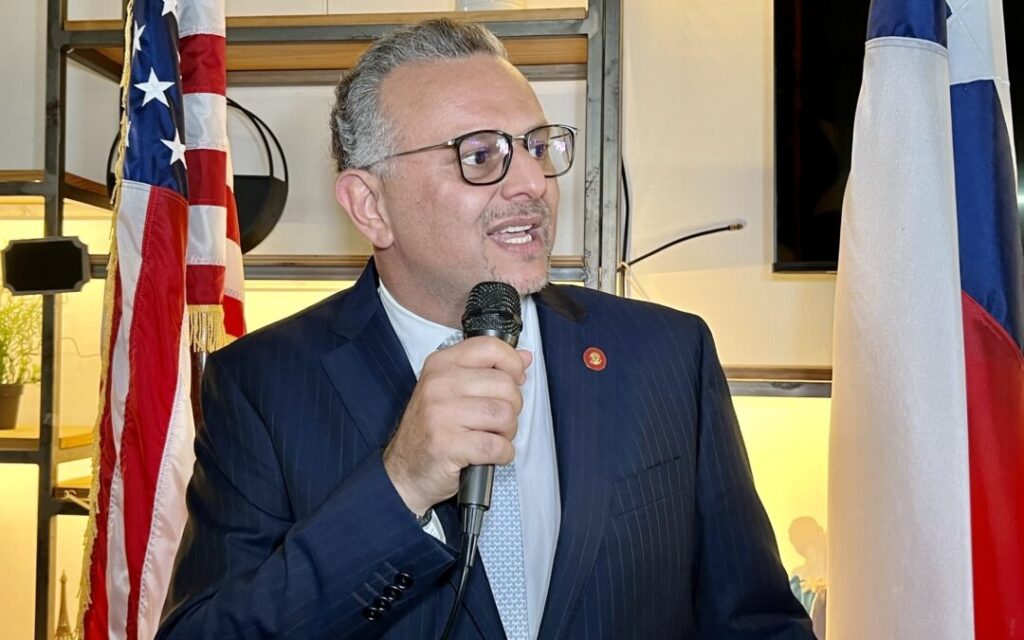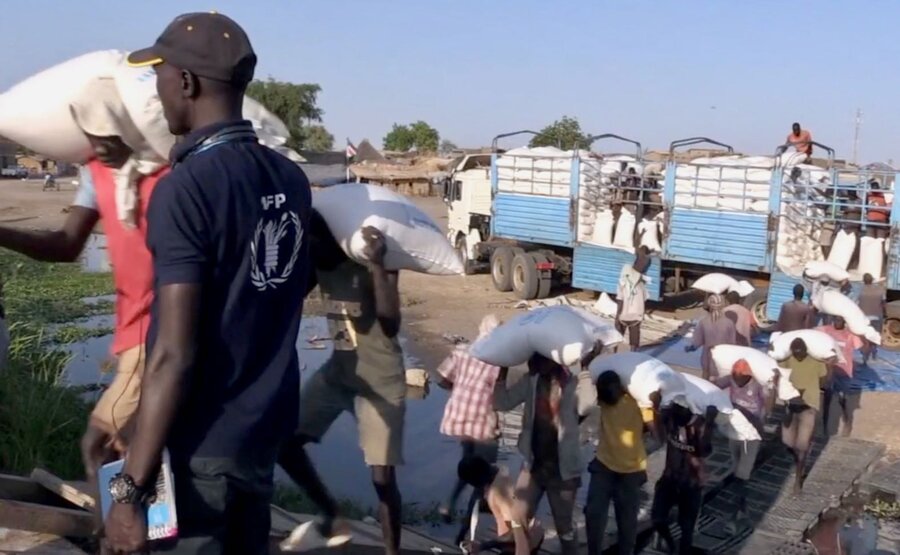
Mounting frustration with Sudan’s military has sparked widespread calls for reform, as citizens accuse General al-Burhan’s SAF of corruption, abandonment, and collusion with Islamist militias.
Once seen as protectors of the people during the 1985 uprising against former ruler Jaafar Nimeiri, the SAF now stands accused of enabling violence and shielding themselves from accountability. Analysts say the turning point came under the Islamist regime that ousted Nimeiri, which purged senior officers not aligned with its ideology.
“Only now have we succeeded,” Islamist leader Hassan al-Turabi reportedly declared after the military was reshaped to serve the ruling party’s agenda. Critics point to the outbreak of Sudan’s recent war, when hundreds of senior officers allegedly fled abroad on extended leave.
These figures, dubbed “officers of the dinar,” returned quietly to their offices only after the Rapid Support Forces withdrew from Khartoum. The SAF is also under fire for allowing Islamist-aligned militias to commit atrocities, including looting, killings, and mass displacement.
Many citizens view its failure to intervene—particularly during attacks near military bases—as a betrayal. “The army stayed in its barracks while children and women were killed at its gates,” said one observer, underscoring the depth of public anger.
Tensions between civilians and law enforcement also remain high. Long seen as intrusive and aggressive, the police are now viewed by many as agents of repression rather than protectors of order.
However, it is the rupture between the people and SAF—intensified since the 2019 massacre at a protest sit-in—that defines the crisis.




